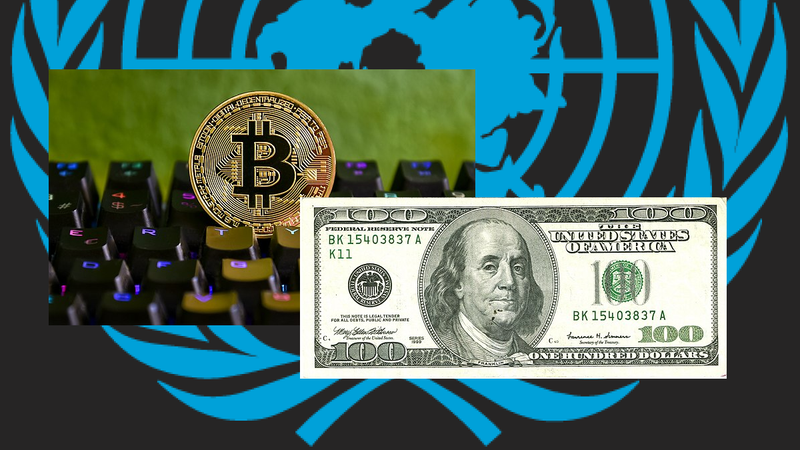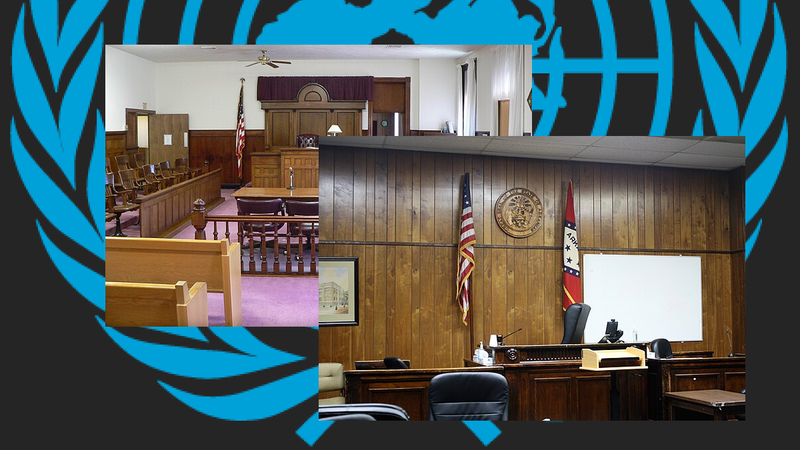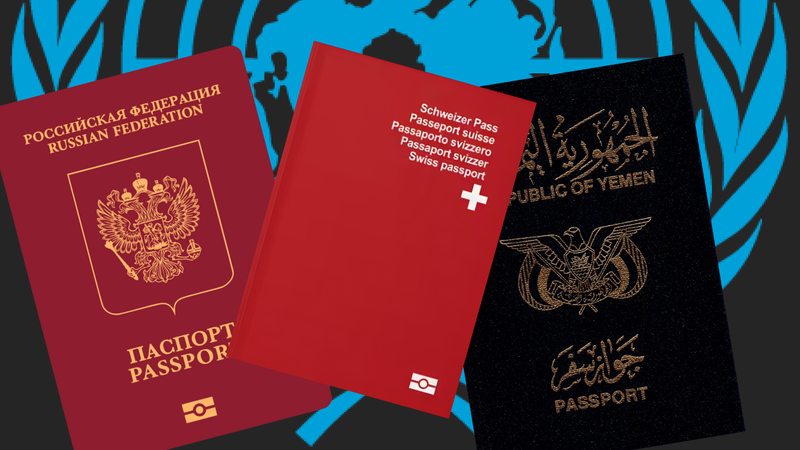Money As A Tool For Political Censorship

This article is part of a six-part educational series in cooperation with the non-custodial, peer-to-peer Bitcoin exchange Vexl.
“This right includes freedom to hold opinions without interference and to seek, receive and impart information and ideas through any media and regardless of frontiers.” – UN Declaration on Human Rights, Article 19
Last summer, the UK’s Royal Services Institute (RUSI), a British defense think tank established in 1831 by the Duke of Wellington, published a report on the weaponization of FATF standards; a set of recommendations that guide the implementation of anti-money laundering and counter-terrorist financing around the world.
The FATF, short for Financial Action Task Force, is an intergovernmental organization officially established to fight financial crime. But FATF standards also serve another purpose: to keep everyone in the financial system identifiable.
Stifling Dissent
As we covered in our last articles, AML frameworks enable the widespread penalization of citizens and leave close to no room to enact our rights to due process. These frameworks, in turn, are often weaponized to crack down on civil society out of political motivations, and not just in non-democratic Governments.
FATF standards enable Governments to specifically target regime critical voices for debanking, such as journalists and activists. From the banking blockade on Wikileaks in the early 2010s to the debanking of pro-Palestine protesters in the US and a group of activists in the UK who made images of Rishi Sunak as a coconut, shutting down a person’s bank account will inevitably end their life as they know it, leaving them no means to pay rent or receive payments.
The problem, according to RUSI, is that FATF standards are too widely interpretable. This specifically counts for the Recommendation covering terrorist financing, as the definition of what is deemed to be “material support for terrorism” continues to be expanded, going as far as spanning the coordination of protests and writing op-eds in a student newspaper.
What RUSI specifically points out is the lack of knowledge around how FATF standards and anti-money laundering frameworks intersect. Due to the secrecy involved, the affected have close to no options for recourse, causing situations of legal limbo.
The War On Privacy
For the past years, the FATF has increasingly set its sight on combating private means of payment, specifically in cryptocurrencies like Bitcoin. The reason for this is simple: only in a financial system where everyone is always identifiable can measures like economic sanctions and targeted exclusions actually work.
For this, FATF identifies what it calls “VASPs”, or Virtual Asset Service Providers. A VASP is, for example, a cryptocurrency exchange but, according to newest guidances, could also be a non-custodial service provider, such as a decentralized exchange. To combat anonymous transactions, FATF suggests that VASPs should ask for a source of funds whenever a user of an exchange engages in transactions with a privacy coin. In the EU, these suggestions are currently being taken a step further, where VASPs are banned from engaging with “anonymous crypto assets” altogether.
As a non-elected consortium, organizations like FATF are more and more leading us toward a future in which digital cash, like Bitcoin, exists in a vacuum, while societies are increasingly adopting digital money alternatives, paving the way for more targeted censorship – a topic we’ll cover in our next article.






